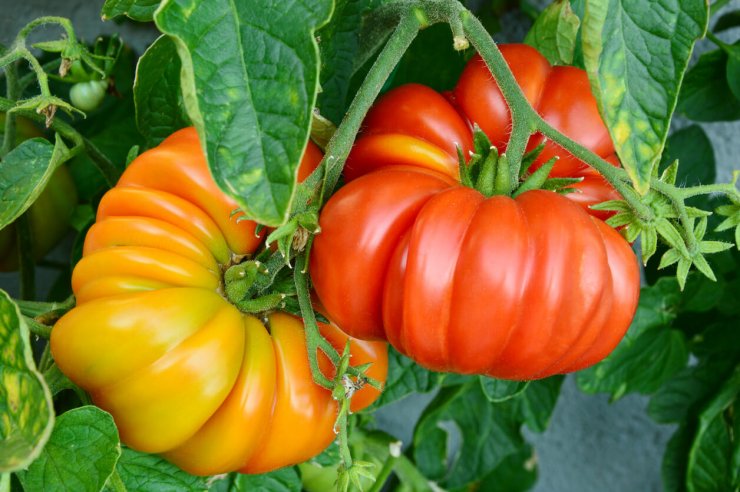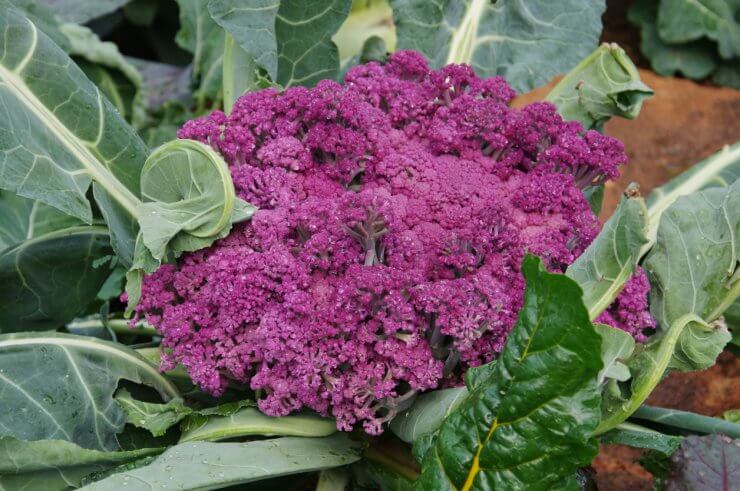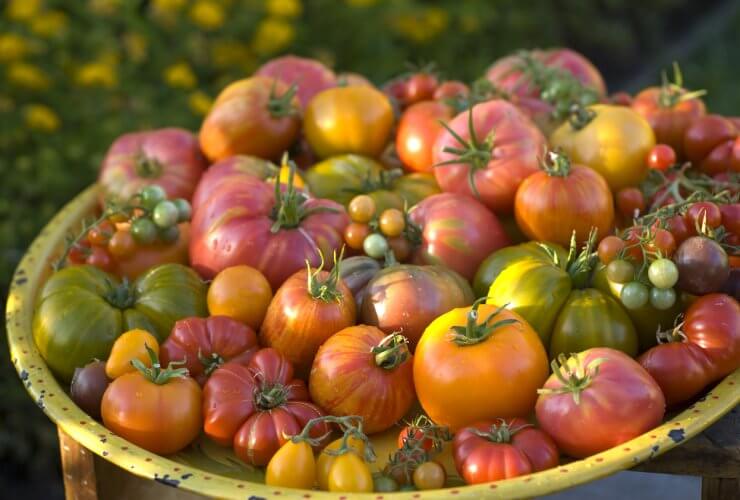
Brandywine Tomatoes
January is an exciting time for gardeners. Seed catalogs arrive, offering a glimmer of spring in the middle of winter’s chill. Flipping through the pages of catalogs like Baker Creek, Burpee, or Johnny’s Selected Seeds feels like a treasure hunt. But as you dream about your next garden, you may face a common conundrum: do you stick with your tried-and-true vegetables, or do you experiment with the tantalizing new varietals making their debut this year?
Exploring this decision means weighing the familiar comfort of reliability against the thrill of discovery. Let’s break it down so you can make the best choices for your garden—and your taste buds.
Why Stick with Your Tried-and-True?
1. Reliability and Confidence
Familiar varieties are a safe bet, especially if you’ve had success with them in previous years. Varieties like ‘Brandywine’ tomatoes, ‘Kentucky Wonder’ beans, or ‘Detroit Dark Red’ beets are classics for a reason: they produce consistently and adapt well to various conditions. Choosing these staples means you can count on reliable germination, growth, and yield.
2. Adaptation to Your Growing Zone
If a particular crop has thrived in your garden, it’s likely well-suited to your specific microclimate, soil conditions, and pest pressures. Sticking with these varieties can save you from potential heartbreak if new seeds don’t perform as advertised in your region.
3. Tried-and-Tested Culinary Results
Your family knows and loves these flavors. From sweet corn roasted on the grill to basil in your homemade pesto, familiar crops become part of your seasonal traditions.

Peas in open land.
Why Experiment with New Varietals?
1. Expanding Your Horizons
Seed catalogs are brimming with innovative options—purple snap peas, striped tomatoes, or even heat-resistant spinach. Trying something new can add an element of surprise and delight to your garden. If you’re a culinary adventurer, new varieties can transform your kitchen experiments.
2. Improved Traits
Many new varietals boast improvements over their predecessors. They may offer disease resistance, higher yields, or better heat or cold tolerance. For instance, the recent surge in “climate-smart” seeds can help gardeners adapt to changing growing conditions.
3. Supporting Innovation
By purchasing seeds from reputable companies, you’re supporting the research and development of sustainable agriculture. Many new seeds are bred with environmental considerations, such as reduced water use or pest resilience.
What About Heirloom vs. Genetically Modified Seeds?
When debating between heirlooms and newly developed varietals, it’s important to understand the terminology and implications:
Heirloom Seeds
- Characteristics: Heirlooms are open-pollinated, meaning they’ve been bred naturally over generations. They’re prized for their flavor, unique appearance, and genetic diversity.
- Advantages: If you save seeds, heirlooms are a perfect choice since they produce plants identical to their parent. They also preserve biodiversity and traditional agricultural heritage.
- Challenges: Some heirlooms may be less resistant to modern pests or diseases, requiring more hands-on care.
Genetically Modified Seeds
- Characteristics: Genetically modified organisms (GMOs) are engineered in labs to express specific traits, such as pest resistance or drought tolerance.
- Advantages: GMOs often provide better yields, reduced pesticide needs, and higher resilience.
- Challenges: For home gardeners, GMOs are less common in seed catalogs, but hybrids—cross-pollinated varieties combining traits of two plants—are widely available. Critics argue that reliance on modified seeds can reduce biodiversity and create dependency on large corporations.

Burgundy Sprouting Broccoli
What Should You Consider When Trying a New Variety?
1. Match Varieties to Your Climate
A new variety may look enticing, but will it thrive in your garden? Check the days to maturity, light requirements, and growing zones listed in the catalog. For example, if your summers are short, you may want to opt for fast-maturing tomatoes over a long-season variety.
2. Understand Your Garden’s Goals
Are you aiming for high yields, unique aesthetics, or resilience against pests? Your goals can help narrow your choices. If you’re focused on organic gardening, prioritize seeds bred for disease resistance rather than ones requiring chemical intervention.
3. Start Small
Experimentation doesn’t have to mean a full overhaul of your garden. Dedicate one or two beds to new varieties while maintaining your classics elsewhere. That way, you can gauge performance without risking your main harvest.
4. Seed Source Matters
Seed quality makes all the difference. Opt for reputable companies with transparent sourcing practices. Companies like Baker Creek focus on rare heirlooms, while others like Johnny’s Selected Seeds balance heirlooms with innovative hybrids bred through natural methods.
The Impact of Your Choices
Every decision in the garden is part of a larger ecosystem. Choosing heirlooms contributes to preserving genetic diversity and cultural heritage. Exploring new varietals supports innovation and may introduce more sustainable practices to your plot.
On the flip side, avoiding trendy seeds reduces the chance of crop failure from untested varieties. I’ve certainly had my share of fails when it comes to trying the fancy new seeds on the cover of certain popular seed magazines. And sticking with your favorites ensures you grow what you love—and love what you grow.
Why not embrace a hybrid strategy—both in your seed choices and your garden philosophy? Keep your reliable performers as the backbone of your garden while dedicating a small space for experimentation. This way, you can enjoy the thrill of discovery without the risk of an empty harvest basket.
January is a month of possibility, and the seeds you choose now will shape your summer meals and your connection to the earth. So dream big, dig deep, and plant something that excites you. Whether it’s the tomatoes you’ve grown for a decade or the wild card melon that caught your eye, every seed is a promise of growth. And as any gardener knows, that promise is what makes this hobby so endlessly rewarding.
What are your thoughts? Is there something new you’re planting this year? I’d love to hear what you chose!


 Previous
Previous


